13 interesting startups founded by ex-Amazon employees
Flipkart actually competes head-to-head with Amazon in India.

Hointer founder Nadia Shouraboura brings the principles she learned at Amazon to brick-and-mortar retail.
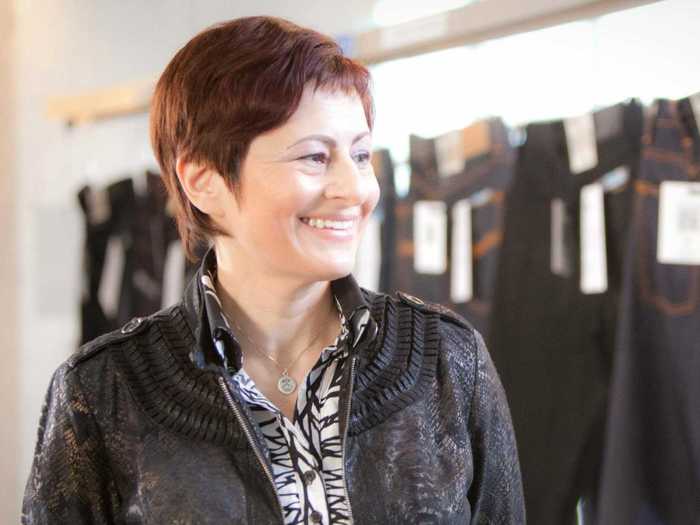
Nadia Shouraboura worked at Amazon for 8 years, during which she scaled all the way up the corporate ladder into CEO Jeff Bezos’ elite “S-Team” of direct reports.
She eventually left in 2012 to launch Hointer, a futuristic retail store that wants to make the shopping experience as convenient as possible by integrating in-store apps and automating the process as much as possible. In its Seattle store, Hointer whisks clothing in and out of dressing rooms with robots.
Matt Williams founded Pro.com to make every home improvement project a breeze.
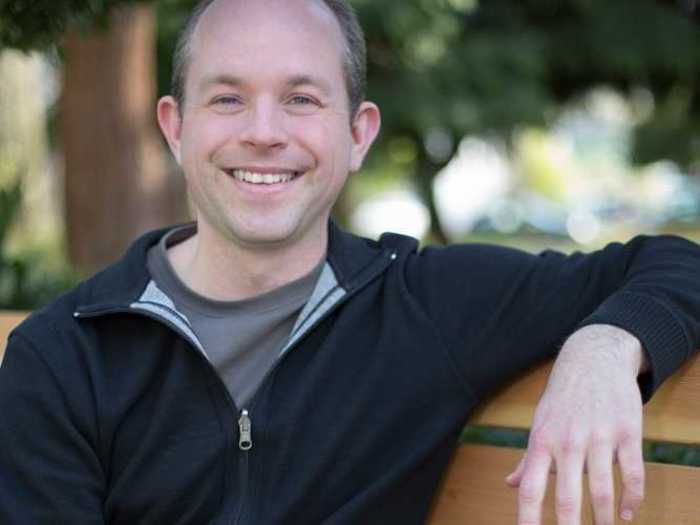
Former Digg CEO, Andreessen Horowitz entrepreneur in residence, and long-time Amazon employee Matt Williams put together an ex-Amazon dream-team to take the pain out of home projects.
Pro.com gives people looking to tackle a home improvement project a price estimate for both materials and labor and then recommends professionals to get the job done.
During his 12 years at Amazon, Williams did a stint as Jeff Bezos' shadow, an incredibly elite position. Williams has raised upwards of $17 million for Pro and a bunch of his coworkers are ex-Amazoners as well.
After working at Amazon but before starting Pro, Williams served as Digg's CEO and an Andreessen Horowitz entrepreneur in residence.
Jet.com has raised more than $200 million to take on Amazon with a dynamic pricing model.
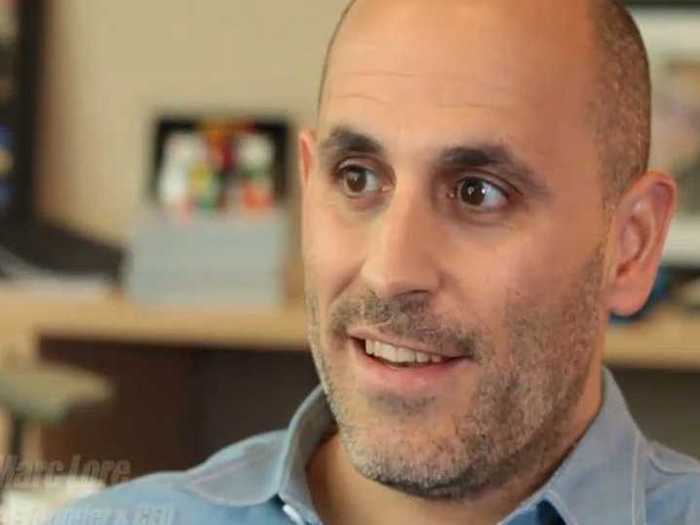
Marc Lore worked at Amazon for several years after the e-commerce giant bought his startup Quidsi in 2010.
Then, last year, he started working on a stealth startup that has since been unveiled as Jet, a virtual marketplace that promises to offer prices that are 10-to-15% lower than anywhere else, including Amazon.
Jesse Robbins founded one startup that helps huge companies manage their servers and another that makes wearables.
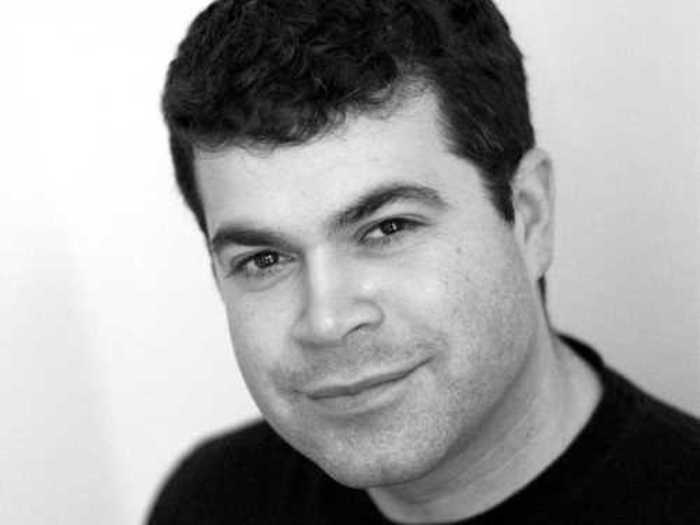
After availability program manager and self-proclaimed "Master of Disaster" Jesse Robbins left Amazon in 2006, he's been something of a serial entrepreneur.
Robbins founded the Seattle-based IT automation startup Chef in 2008, serving as its first CEO. The company now includes giant companies like GE, Facebook, and Target among its customers, and increased its incremental recurring revenue by 182% last year.
Now, he's working on Orion, a San Francisco company that makes wearable communication devices and has raised $6.3 million to date.
One of Amazon's first employees now runs a company that helps people make decisions.
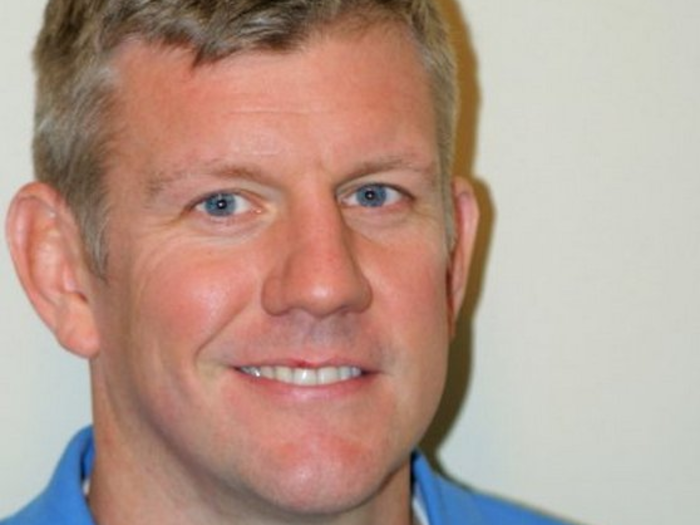
Mike Hanlon was Amazon's seventh employee — Jeff Bezos once made Hanlon's girlfriend sign an NDA before she came to an early warehouse.
Hanlon recently cofounded a company called Abett that uses data to help you make stressful decisions. The company's first product identifies outfits from the clothes in users' closets.
Twilio's cofounder worked at Amazon back in 2004.
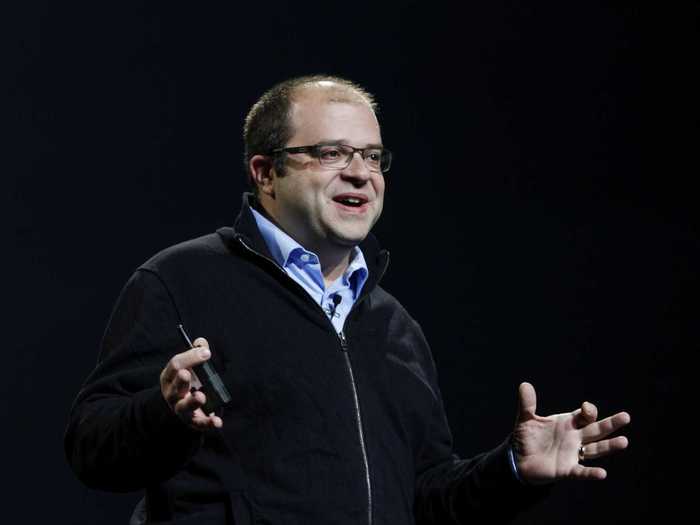
Sine Jeff Lawson cofounded Twilio in 2008, the company has earned a $1 billion valuation after raising $100 million in a Series E round of funding this April. Big companies like Uber, SmartThings, and OpenTable use Twilio to send SMS messages to their customers.
“Our mission is to migrate communication from legacy-based physical networks to the software, where developers build communication into their products,” Lawson told Business Insider last year. “Think of us like Amazon Web Services, but for communications.”
A suitable analogy, since Lawson was one of the first product managers for AWS.
The blogging network Some Spider wants to be a multi-media, multi-property publisher.
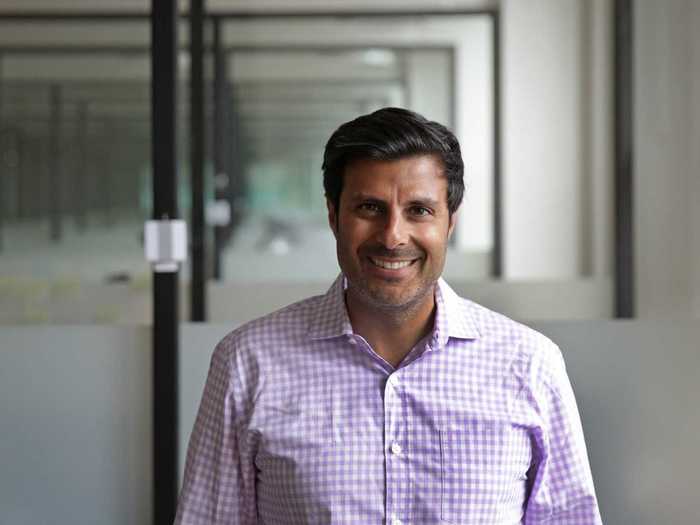
Like Marc Lore of Jet, Vinit Bharara is another Amazon-by-way-of-Quidsi employee, and he is now using his cash from the acquisition to run a blogging network that recently poached a top New York Times exec.
Some Spider has three blogs so far — Cafe.com, The Mid, and Scary Mommy — and wants to keep expanding its network with more demographic-focused publications, each of which will aim to establish really "personal, emotional connections with their readers."
He stayed at Amazon about two years after it bought Quidsi.
Jenny Chen worked at Amazon for six years before cofounding Wanderable, which helps brides and grooms ask for experiences, not gifts.

When Chen and Marcela Miyazawa met as freshman at Stanford, they became fast friends. The two stayed close through graduation and their respective tech jobs — Chen as a software engineer at Amazon Web Services, Miyazawa on the search team at Microsoft — until 2011 when they both decided to quit and start something new together.
Wanderable lets couples create custom wedding registries where they can ask for honeymoon experiences instead of toasters or tchotchkes. Newlyweds can also use Wanderable to send personalized thank-you cards, with pictures of them enjoying their gifts.
Boomerange Commerce, founded by Amazon veteran Guru Hariharan, has actually revealed some unflattering truths about the e-commerce giant.

Guru Hariharan founded a dynamic pricing company called Boomerang Commerce in 2012, after stints at Amazon, Shutterfly, and eBay.
Earlier this year, a Boomerang Commerce report revealed the fact that, despite what shoppers often think, Amazon doesn't always offer the lowest prices on the web.
In fact, Amazon will tweak its prices many times per hour (equaling millions of individual price changes per day), taking advantage of the psychology of price perception, according to the analysis by Boomerang Commerce.
Vikas Gupta and Reza Hussein ended up selling their startup to Google for an estimated $70 million.

After meeting at Amazon, where Gupta started the company's Indian development center and Hussein led the engineering team of Mechanical Turk, they decided to ditch to start Jambool in 2007. The startup operated something called Social Gold, which became the leading virtual goods monetization platform. It piqued Google's interest, and got acquired in 2010.
Today, Gupta runs a kids tech company called Wonder Workshop, which teaches children to play with robots through code, and Hussein still works at Google on the Fiber team.
Meh.com, founded by Matt Rutledge, only sells one item per day.
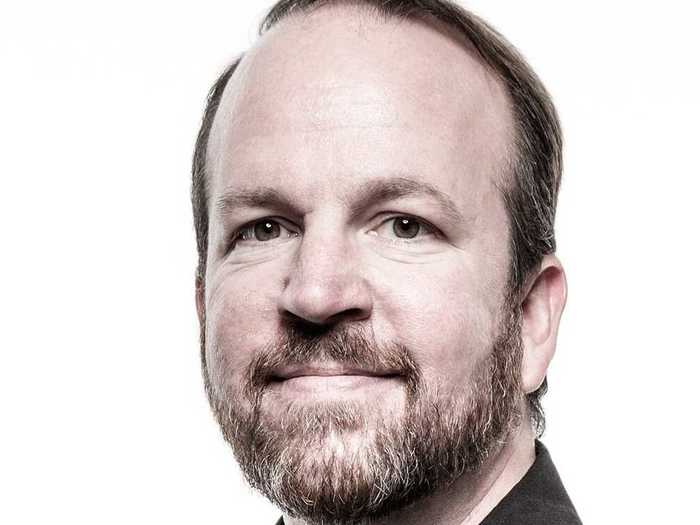
Rutledge is an e-commerce veteran. He sold his daily-deals company Woot to Amazon for $110 million in 2010, and worked at the company until June 2012, when he left to start plotting his next move.
Meh lives under the umbrella of Mediocre Labs, which is working on several other experiments with cryptic code-names like Wohler and and Frisch.
Vivek Ravisankar quit Amazon to start a recruiting software that even Amazon now uses.

Ravisankar worked at Amazon as a software engineer, toiling away on the Kindle Content Services team and conducing regular technical interviews as he tried to hire new programmers.
That interview process felt so broken that he decided to leave Amazon to try to fix it — and so HackerRank was born. HackerRank is a tool recruiters can use to create programming tests based on the skills they want to test for, and candidates will get a score based on an algorithm. Interestingly, Amazon now uses Ravisankar's tool in its recruiting process.
Now that you've checked up on a bunch of ex-Amazoners, learn more about the founder himself
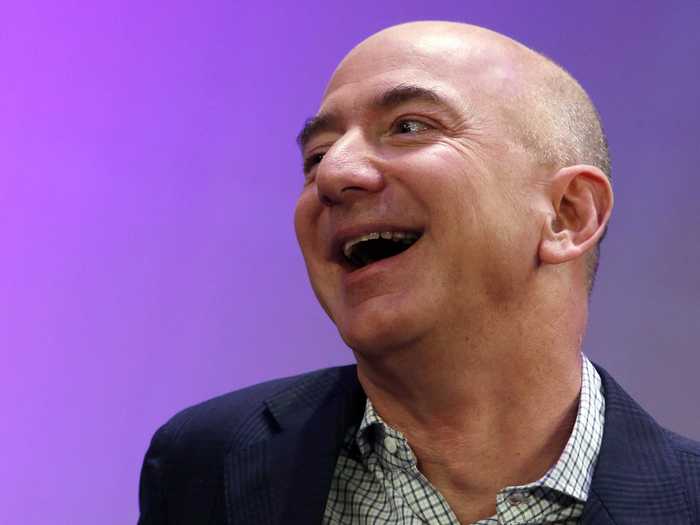
Popular Right Now
Popular Keywords
- India’s wearables market decline
- Vivo V40 Pro vs OnePlus 12R
- Nothing Phone (2a) Plus vs OnePlus Nord 4
- Upcoming smartphones launching in August
- Nothing Phone (2a) review
- Current Location in Google
- Hide Whatsapp Messages
- Phone is hacked or not
- Whatsapp Deleted Messages
- Download photos from Whatsapp
- Instagram Messages
- How to lock facebook profile
- Android 14
- Unfollowed on Instagram
Advertisement